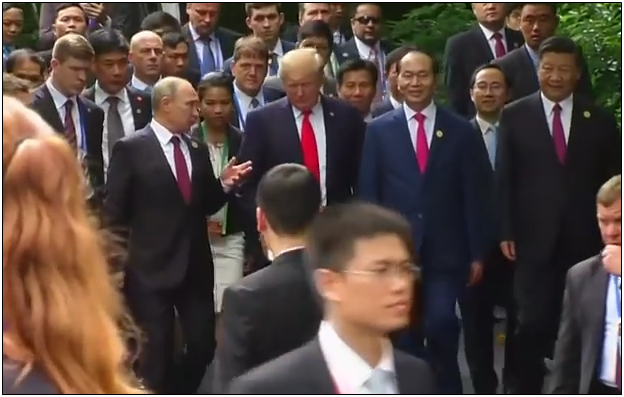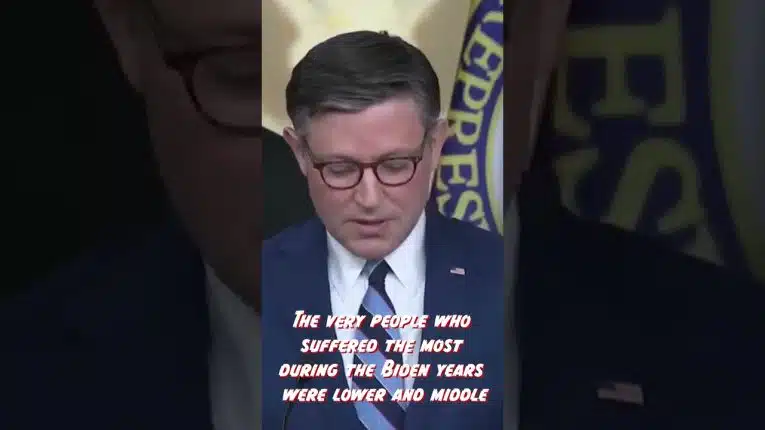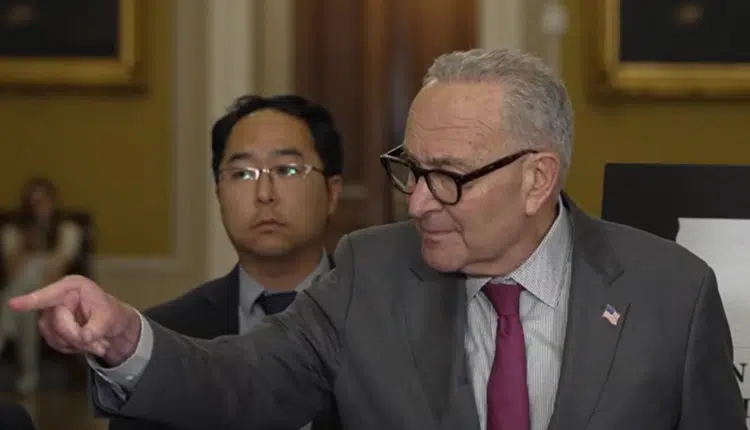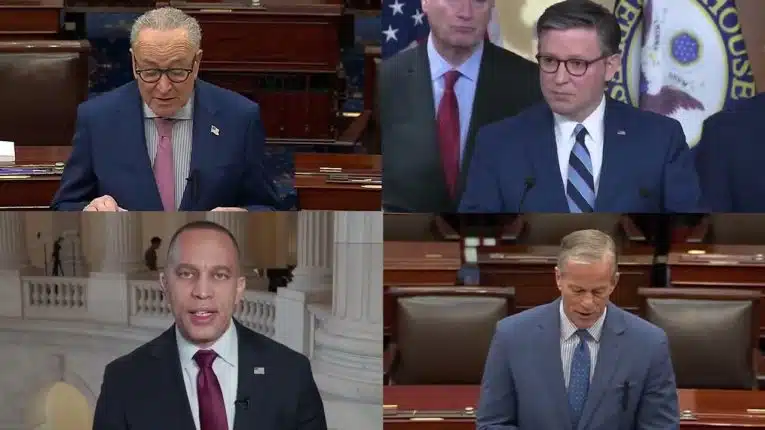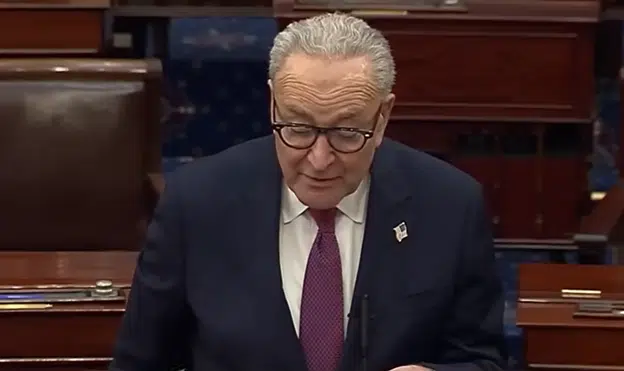The past month has seen some of the greatest escalation between the U.S., its allies and Russia since the height of the Cold War, if not in the entire history of relations between the two countries.
In early February, about 200 Russian soldiers were killed on the ground in Syria after attacking U.S. forces stationed there.
Russian President Vladimir Putin has unveiled a new low-flying, high-speed nuclear missile said to be able to defeat U.S. missile defenses. Leaving aside the existence of multiple independently targetable reentry vehicle warheads since the 1970s, which overwhelm targets with multiple warheads simultaneously such that they cannot all be shot down, Moscow’s point was to remind us that we are vulnerable. Now, the talk is of a new strategic arms race.
The U.S. is sending arms into Ukraine to back the Kiev faction in the civil war there.
Ukraine has requested membership in NATO. NATO has responded by granting Ukraine the status of being an “aspirant” country in the alliance.
Sergei Skripal, a double agent and associate of former British spy Christopher Steele, and his daughter were poisoned in an apparent nerve gas attack in Salisbury, UK.
It was reported that Skripal might have been one of the sources Steele used in his infamous series of memos accusing President Donald Trump of being a Russian agent in 2016 during the election campaign. The attack then takes on the appearance, whether or not based in fact as being personal retaliation by Putin against Skripal for having had a hand in the Steele dossier.
Or perhaps it was retaliation for simply being a double agent. Another report suggested that Skripal’s daughter might have been targeted by her prospective mother-in-law, said to be a Russian security official, upset her son would marry into the family of a traitor.
The UK has since blamed Russia for the attack and expelled Russian diplomats from its country. The U.S. reiterated the assessment that Russia was responsible for the attack.
Russia, for its part, has denied it was responsible for the attack.
Since then, the U.S. has issued a new series of sanctions against Russia for allegedly interfering in the 2016 elections.
In short, tensions are rising dramatically.
And it is hard to imagine all this happening without the Steele dossier, which combined with the Justice Department investigation that it inspired in 2016 into Trump-Russian collusion has seemingly tied the hands of the U.S. administration.
Even as it turns out the documents were politically motivated, paid for by the Clinton campaign and the Democratic National Committee (DNC), never corroborated and then used by federal officials to launch a national security investigation into the Trump campaign that never found the object of the investigation.
No matter how discredited the dossier is, or how dangerous the situation becomes, the more the accusers double down to save face and to keep up the war footing against Moscow.
Any concession offered to Moscow, even ones to pull back from the brink, now become a “crime” against the state, something else for Special Counsel Robert Mueller to investigate, a potential quid pro quo for an arrangement that never existed in reality.
This makes war more likely.
Now, to prove the U.S. administration are not Russian agents, all actions must be cast through a prism of being tough against Moscow. On March 15, the Republican National Committee issued a memo to supporters via email, reading, “Trump’s Tough-On-Russia Record” and “President Trump Has Repeatedly Sanctioned Russia And Supported Our Allies Against Russian Aggressions.”
The memo highlights that the U.S. too expelled Russian diplomats in 2017, closing a consulate in San Francisco and two other diplomatic annexes in New York and Washington.
To its credit, the RNC left out the part where 200 Russians were killed in Syria by U.S. forces. But why not include it? What proves more how tough we are on a country than sending their soldiers home in body bags?
The U.S. and Russia still remain the world’s foremost nuclear powers. Each is an existential threat to the other. But these incidents, coming in such close succession, coupled with the Steele dossier and the Justice Department’s never-ending investigation into Trump and Russia — now Mueller is subpoenaing Trump organization financial statements dating back years before the election — make it next to impossible to engage in diplomacy. Thus making further escalation more likely.
In the meantime, Steele and Fusion GPS CEO Glenn Simpson have cast serious doubts on their own memos’ veracity, especially the outrageous allegation that the Russians somehow possessed blackmail against Trump, some video with him and prostitutes in a hotel room in Moscow in 2013 that most probably never happened. Per Steele, on if the incident ever happened, “It’s fifty-fifty.” He had no clue if it happened. But it prompted him to bring it to the FBI, and the rest is history.
As The Federalist’s Molie Hemingway reported, in reality, “President Trump’s longtime bodyguard Keith Schiller told congressional investigators that on that trip someone offered to send five women to Trump’s hotel room. Schiller said he took it as a joke, and declined. He also testified that he told Trump about it when he escorted him back to his hotel room and that the two had a laugh. From this nugget of reality was spun a pornographic and difficult to believe scene of Trump using prostitutes to defile the Obama hotel bed.”
The rest of the dossier has not panned out either. People were said to be in places they couldn’t be and threads were connected that were too good to be true on behalf of the Clinton campaign.
As a result, the official inquest into these matters has become tainted to its core. Every day that goes by, more and more misconduct by the Justice Department is revealed in its handling of the investigation into Trump. The bias of investigators has been revealed, the disregard for exculpatory evidence and so forth.
The Foreign Intelligence Surveillance Act was invoked in federal courts without verified evidence to obtain surveillance against the Trump campaign during the election. It led to the U.S. administration spying on the opposition party, a grotesque abuse of power that did far more to interfere with the elections and the peaceful transfer of power than anything Russia is accused of.
Now, one need not be skeptical about official proclamations such as Russia being responsible for hacking the DNC and putting the emails onto Wikileaks, or even being behind this nerve gas attack in the UK, to be extremely concerned about this turn of events.
Russia could be responsible for those things. And if it were not for the Steele dossier accusing Trump of being involved with Russia and the Justice Department investigation accusing everyone who ever spoke to a Russian of treason, they might have been dealt with via diplomacy. Some of these events might have even been prevented. Unfortunately, windows of opportunity for diplomacy to cool tensions appear to be diminishing.
It’s getting to the point where this could cast a cloud over U.S.-Russian relations for a generation, long after Trump has left office. Each escalation is getting harder to turn back from. Eventually it becomes more to do with national pride than the facts.
Anyone of these flashpoints is extremely dangerous in their own right. Dealing with them is that much more difficult thanks to the Justice Department’s relentless investigation into the false, reckless charge that the President is a Russian agent.
It would be hard enough to repair relations without all this.
The key point is that President is innocent of the basic charge of being a Russian agent, and for everyone’s sake, this witch hunt needs to end once and for all. Look at what is happening.
The lies of the Steele dossier that the President is a Russian agent have become the greatest threat to U.S. national security, a source of escalation and a barrier to diplomacy between the two countries in the world that absolutely need to be talking to one another. It is time to put this dangerous fiction to rest — before we pass the point of no return on the road to a war that cannot be won.
Robert Romano is the Vice President of Public Policy at Americans for Limited Government.


